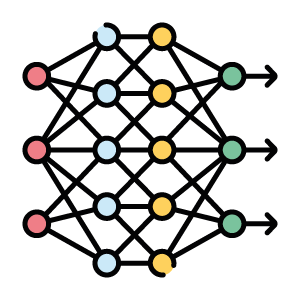Systems biology is a rapidly growing field that is revolutionizing the way we understand and manipulate biological systems. By integrating data from different sources and levels of organization, systems biology allows for a holistic understanding of the complex interactions between the various components of living organisms. This multidisciplinary approach has a wide range of applications in biotechnology, including drug development, crop improvement, and synthetic biology.
One of the most promising applications of systems biology in biotechnology is in the area of drug development. Systems biology approaches can be used to identify new targets for drug development, as well as to optimize existing drugs. By analyzing large amounts of data from different sources, such as gene expression data, proteomic data, and metabolomic data, systems biologists can identify key pathways and networks that are involved in disease progression. This information can then be used to design new drugs that specifically target these pathways and networks, leading to more effective and less toxic therapies.
Another area where systems biology is making a significant impact is in crop improvement. Plants are highly complex organisms with intricate networks of interactions between their various components. By using systems biology approaches, scientists can gain a better understanding of these networks and identify key genes and pathways that are involved in important traits such as growth, yield, and stress tolerance. This information can then be used to improve crop yields and develop more resilient and productive varieties.
Synthetic biology is another area where systems biology is playing an increasingly important role. Synthetic biology is an emerging field that aims to design and construct new biological parts, devices, and systems that do not exist in nature. By using systems biology approaches, synthetic biologists can gain a better understanding of the interactions between different components of biological systems, allowing them to design and construct more complex and efficient systems. Applications of synthetic biology include the development of new biosensors, bioprocesses, and biofuels.
In conclusion, systems biology is a rapidly growing field that is revolutionizing the way we understand and manipulate biological systems. By integrating data from different sources and levels of organization, systems biology allows for a holistic understanding of the complex interactions between the various components of living organisms. This multidisciplinary approach has a wide range of applications in biotechnology, including drug development, crop improvement, and synthetic biology. As technology continues to advance, systems biology is set to become an increasingly important tool for biotechnology research, leading to new discoveries and innovations that will benefit society in many ways.

